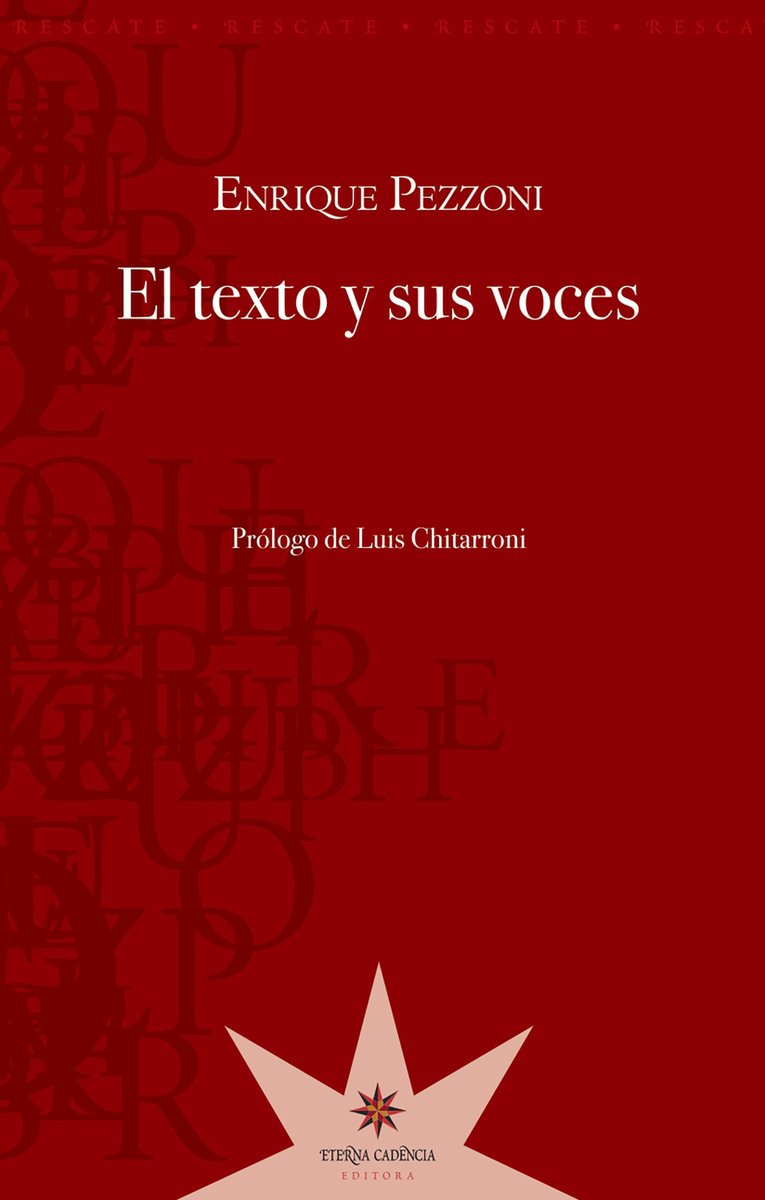"El crítico oye las voces del texto, elige unas a expensas de otras, las une por simpatías y diferencias a las que oye surgir de otros textos. Ese concierto que organiza es una literatura (de un momento, de un espacio) y también es la literatura", afirma el autor en las primeras páginas.A lo largo de artículos y notas, Enrique Pezzoni compuso una "biografía de la literatura, que es [también] su autobiografía". Jorge Luis Borges, Roberto Arlt, Alberto Girri, Julio Cortázar, Felisberto Hernández, Silvina Ocampo, Leopoldo Marechal, Adolfo Bioy Casares, son objeto de su elocuencia, curiosidad y agudeza, en un "cuerpo a cuerpo" con los textos que revela escrituras y silencios al mismo tiempo que los modos de acceso a ellos, los caminos que llevan al crítico a producir sentido.Así, El texto y sus voces, único libro que Pezzoni publicara en vida, se constituye como el lugar ideal para volver a oír la voz apasionada, atrevida y sabia de uno de los críticos literarios más influyentes de los últimos tiempos.


